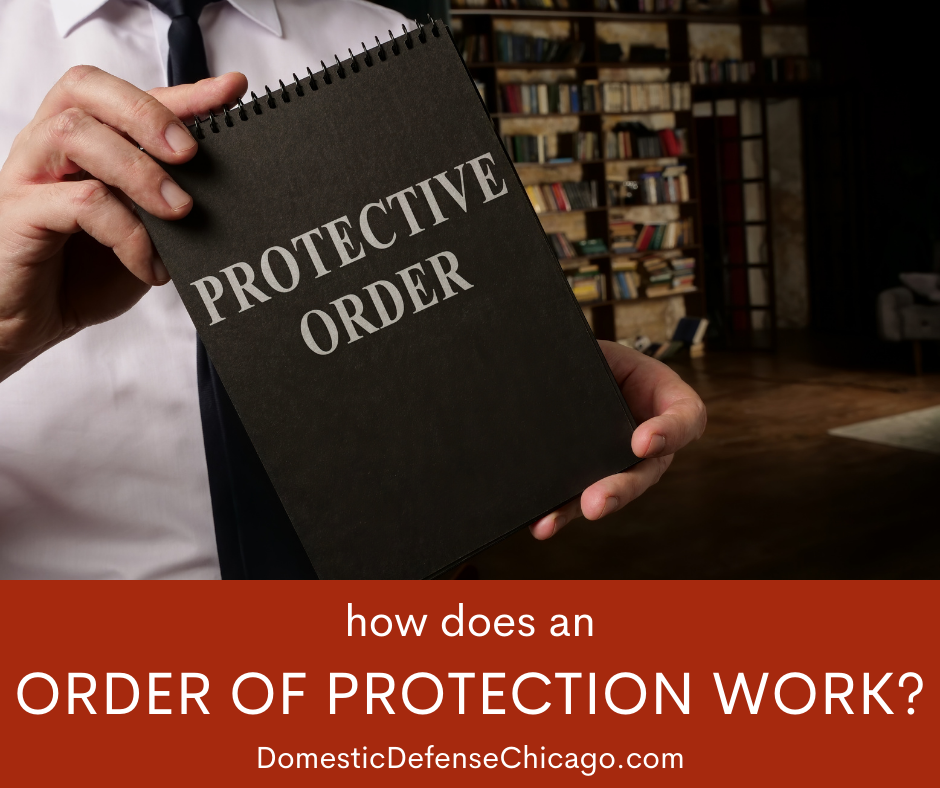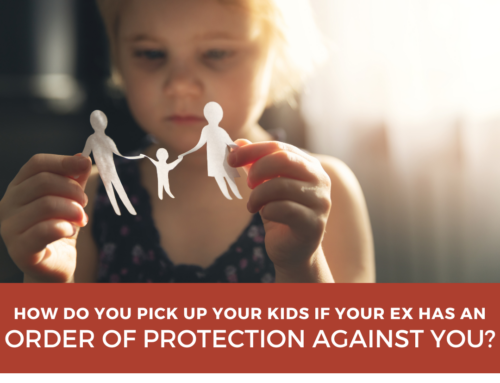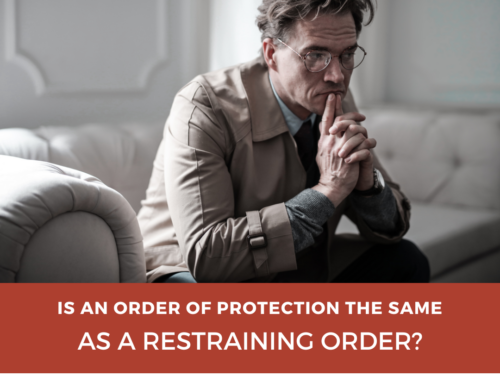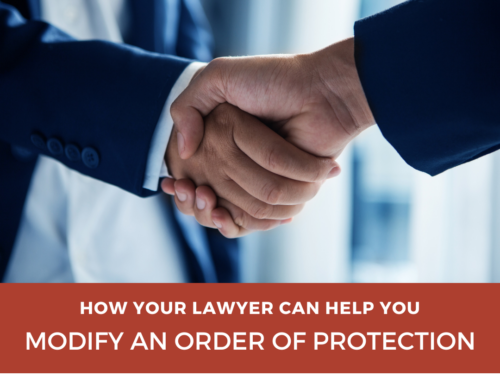If someone takes out an order of protection against you, you’re not allowed to go near that person until the order expires (or a judge revokes it). An order of protection can also prevent you from doing some things – and force you to do others – and if you fail to uphold your side of the order, you could end up in jail. Here’s how an order of protection works in Illinois.
Related: Can an order of protection prevent you from seeing your family?
Served With an Order of Protection? Here’s How it Works
When you’re charged with domestic battery, judges often issue an order of protection that restricts you from doing certain things and requires you to do others. There are three main types of protective orders (sometimes called restraining orders) that Illinois law allows:
- Emergency order of protection. This type of order of protection takes effect as soon as a judge approves it, and the respondent (the person the order is against) doesn’t need to be present – or even know about – the hearing. These orders only last for 14 to 21 days, but they come with a hearing date for a more long-term order.
- Plenary order of protection. Judges issue these orders after hearings with both the petitioner (the person who wants the order) and the respondent (the person the order is against). The petitioner has to show up in court for a judge to issue this type of order, and the respondent must be notified about the hearing (even if they don’t show up). If you’re the respondent and you don’t show up, the judge will issue a plenary order of protection against you. These orders can last for up to two years.
- Interim order of protection. Interim orders are issued for up to 30 days, and they’re only used after a respondent has been served (or if someone has tried to serve them), but before a plenary order hearing is held.
Related: Does domestic battery stay on your record forever?
What Will the Order Prohibit and Require?
Every order of protection is different, but your order of protection may include the conditions outlined in the following table.
| Common Prohibitions | Common Requirements |
| Continuing threats or abuse | Stay away from the alleged victim |
| Visiting shared residence with alleged victim | Attend anger management classes or counseling |
| Hiding a child or removing a child from the state | Appear in court |
| Visiting children | Turn over specific personal property |
| Accessing children’s records | Pay support or pay for certain losses |
| Destroying certain property | Pay for alleged victim’s shelter or counseling |
| Turn over weapons to law enforcement |
This isn’t a comprehensive list – judges can add or take away as they feel necessary.
Related: What to do if someone gets a restraining order against you
Do You Need to Talk to an Attorney About Domestic Battery Defense?
If you need to talk to a domestic battery defense attorney in Illinois, we’re here to help. Call us at 847-920-4540 now – we’ll be happy to give you a free consultation and talk to you about your options.







Leave A Comment
You must be logged in to post a comment.